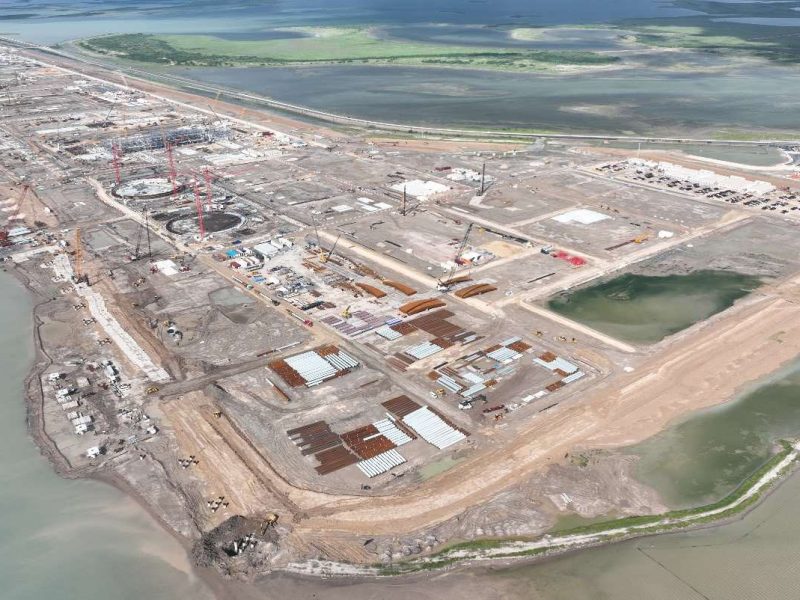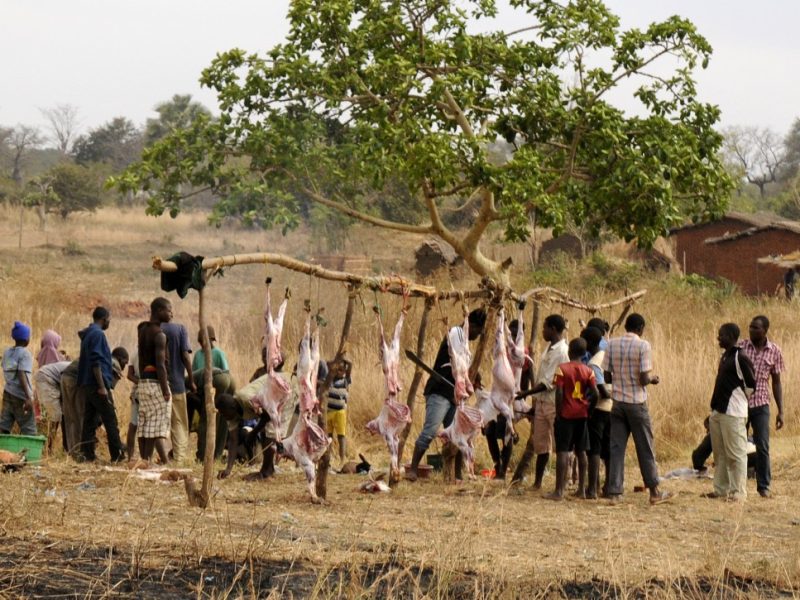The U.S. government has officially canceled a $590 million contract with Moderna that was intended to fund the development of a bird flu vaccine. This sudden move comes as part of a broader strategic shift in how the government approaches pandemic preparedness and vaccine development.
What Was the Contract For?
Moderna, known widely for its COVID-19 mRNA vaccine, secured the $590 million deal from the Biomedical Advanced Research and Development Authority (BARDA) in 2023. The funding was designated for the development and manufacturing of an mRNA-based vaccine against H5N1 avian influenza, commonly known as bird flu.
The company had already begun early-stage work, including clinical trials, before the Department of Health and Human Services (HHS) pulled the plug.
Why Was the Bird Flu Shot Contract Canceled?
The HHS has not disclosed a single definitive reason, but several factors appear to have influenced the decision:
- Strategic Reallocation: Officials say the cancellation is part of a realignment of pandemic response priorities. The government may be shifting resources to more immediate public health threats.
- Funding Efficiency: There’s increasing scrutiny over how public funds are spent on vaccine contracts, especially after high expenditures during the COVID-19 pandemic.
- Progress of Other Programs: Multiple biotech firms are also working on bird flu vaccines. It’s possible the government chose to consolidate efforts around those with faster timelines or more promising data.
What This Means for Moderna
The contract termination is a clear setback for Moderna, both financially and strategically. The company had positioned its mRNA platform as a fast, flexible tool for rapid response to infectious diseases, including bird flu. Losing this major contract not only affects revenue projections but also signals a possible shift in how government agencies view Moderna’s long-term role in public health initiatives.
Still, Moderna stated that it remains committed to its infectious disease pipeline and will continue development independently, though likely at a slower pace.
What’s Next for Bird Flu Vaccines?
H5N1 hasn’t become a widespread human threat—yet. However, isolated outbreaks in poultry and rare human cases keep it on the radar. The U.S. government continues to fund surveillance and preparedness for avian influenza, but it’s now clear that the Moderna contract will not be part of that plan.
Instead, BARDA and HHS may focus on alternative vaccine platforms or partnerships, aiming for faster, cost-effective responses if H5N1 begins spreading more easily among humans.
In a post-COVID world, every vaccine contract—or cancellation—speaks volumes about how governments plan for the next pandemic. The canceled Moderna bird flu shot deal is a reminder that public health strategy is constantly evolving, and so are the players involved.



